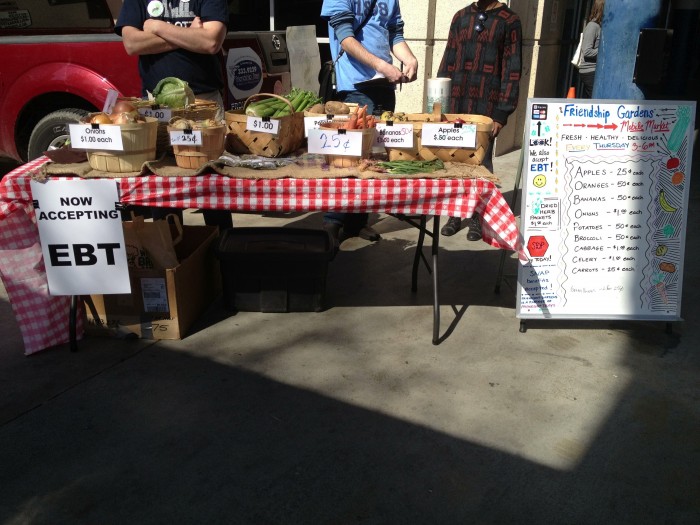When standing in the middle of the transit hub in Charlotte, the noise of buses and passengers overwhelms the senses. Over twenty bays serve at least that many bus lines, and the roof amplifies brake sounds, honking, engine noises, and chatter. My students astutely suggested that interviews would be nearly impossible to record. But over several years, we collected interviews and surveys in this space, studying how transit riders in Charlotte accessed fruits, vegetables, and other foods. We wrote reports for our partner organization, Friendship Gardens, about the perception and use of the mobile farmers market they provided at the transit hub on Thursday afternoons.
Read More “Nicole Peterson: Challenges for Urban Food Access in an Era of Big Data”
